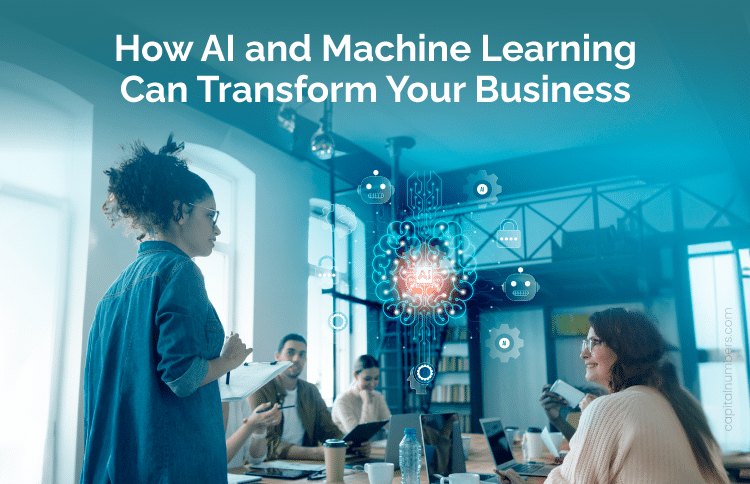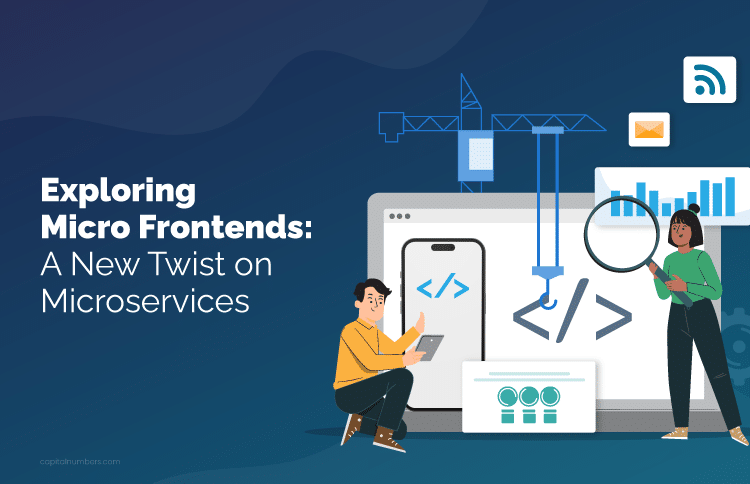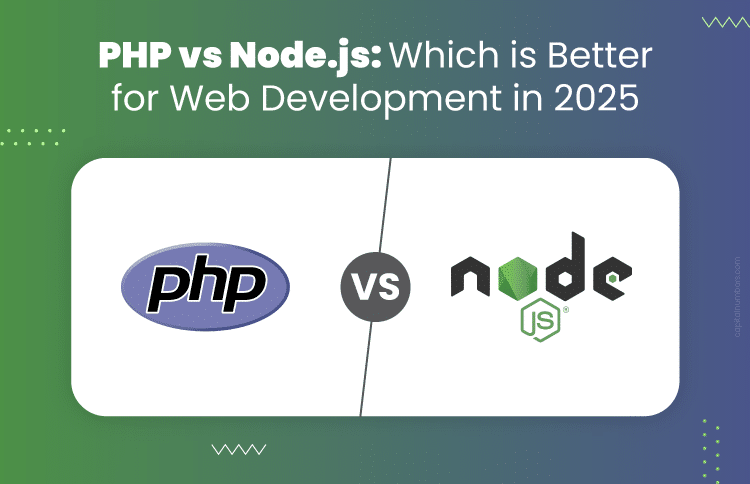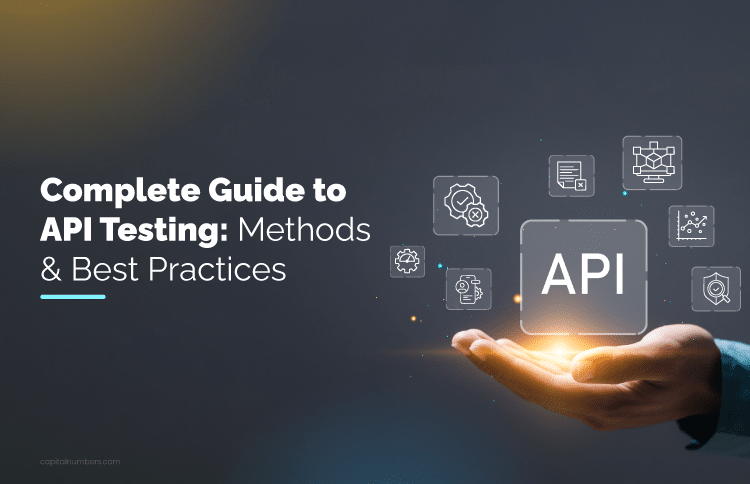How AI and Machine Learning Can Transform Your Business
Table of Contents
In today’s competitive business world, using advanced technology is essential. Among these technologies, artificial intelligence (AI) and machine learning (ML) are game-changers. They offer businesses unique opportunities to grow and innovate. AI and ML can analyze vast amounts of data, automate tasks, and provide valuable insights, helping companies make better decisions and stay ahead of the competition. For any business aiming to succeed in the digital age, incorporating AI and ML into their strategies is no longer optional—it’s essential. Embracing these technologies can lead to significant improvements in efficiency, customer satisfaction, and overall business performance. Let’s explore how AI and ML can drive success in your business.
Enhanced Decision-Making
One of the most significant benefits of AI and machine learning is their ability to improve decision-making. Traditional decision-making often relies on limited information and human emotions, which can lead to poor outcomes. In contrast, AI and machine learning algorithms can quickly and accurately process large amounts of data, revealing insights that human analysts might miss.
For example, businesses can use AI-powered analytics to monitor performance in real-time, allowing them to respond quickly to emerging opportunities or threats. Retailers can analyze purchasing patterns and product data to optimize inventory, ensuring popular products are always available while reducing excess stock. Financial institutions can leverage AI to detect fraudulent transactions more effectively, protecting both the institution and its customers. Additionally, AI can help businesses forecast market trends, enabling more strategic planning and better resource allocation.
You May Also Read: AI-Driven Recommendation Systems for Finance
Personalized Customer Experiences
Artificial intelligence and machine learning are revolutionizing customer experiences by enabling hyper-personalization. Consumers today want interactions tailored to their preferences and behaviors. AI-powered personalization engines analyze customer data such as purchase history, viewing habits, and demographics to provide targeted recommendations for products and promotions. By recommending products based on a customer’s previous purchases and browsing history, businesses can ensure more effective transactions.
Similarly, streaming services like Netflix and Spotify use AI to deliver personalized recommendations, keeping users engaged and satisfied. This level of personalization not only increases customer satisfaction but also builds trust and boosts customer retention. Furthermore, AI can predict future customer needs and preferences, allowing businesses to proactively offer products and services that align with their customers’ evolving interests, thereby enhancing the overall customer experience.
Predictive Analytics
The predictive power of artificial intelligence and machine learning transforms business processes into strategic planning. Forecasting involves using historical data to predict future outcomes, allowing businesses to make informed decisions and prepare for various scenarios.
In retail, predictive analytics can forecast customer demand, helping companies plan inventory and staffing more effectively. In the financial sector, AI models predict market trends and investment opportunities, aiding in business management and risk assessment. Physicians use predictive analytics to anticipate patient needs, improving resource allocation and patient care.
By leveraging this technology, companies can anticipate changes in the business environment, enhance competitiveness, and embrace new opportunities with confidence. Predictive analytics also helps in identifying potential risks and mitigating them before they become significant issues. Therefore, forecasting becomes crucial for better competitive management and long-term success.
Automation and Efficiency
Automation powered by AI and machine learning is a key driver of operational excellence. By automating routine and repetitive tasks, companies can allocate human resources to activities that require creativity and critical thinking. Automation reduces human error, lowers operating costs, and increases overall efficiency.
For example, AI-powered chatbots provide fast customer support and can resolve questions and issues without human intervention. This not only improves response time but also allows the customer service team to focus on more complex cases. In production, robots using AI perform tasks with consistent accuracy, enhancing product efficiency and maintaining quality. Additionally, AI can streamline data entry and analysis, quickly processing large data sets without errors.
Moreover, AI-driven automation can optimize supply chain management by predicting demand, managing inventory levels, and coordinating logistics more effectively. This holistic approach to automation ensures that businesses operate smoothly and respond dynamically to market changes.
Innovative Product Development
Artificial intelligence and machine learning are essential for driving innovation and the development of new products and services. By analyzing market trends, customer behavior, and competitive strategies, these technologies help companies identify emerging trends and opportunity gaps.
For example, AI can analyze customer feedback and social trends to pinpoint needs and preferences. This insight can lead to the development of products that resonate with your target audience. In the pharmaceutical industry, machine learning algorithms accelerate drug discovery by predicting the efficacy of different compounds, thereby shortening the development process for new medications.
In the technology sector, companies leverage AI and ML to innovate in areas such as driverless cars, smart home devices, and advanced cybersecurity solutions. Additionally, AI can enhance product design by simulating various scenarios and outcomes, leading to more refined and user-centric products. These advancements not only meet current market demands but also anticipate future needs, ensuring long-term business success and customer satisfaction.
Workforce Management
AI and machine learning transform workforce management by boosting efficiency and employee satisfaction. Predictive analytics use past data to forecast staffing needs, allowing companies to adjust for busy or slow periods in advance. Automated scheduling takes into account employee preferences, skills, and business demands to create optimal schedules that can quickly adapt to changes.
AI-driven performance analytics provide insights into employee productivity, helping businesses identify high performers and areas needing improvement. This supports targeted training and development. AI also improves hiring by automating candidate screening, making it faster and more effective. Understanding employee satisfaction through AI helps businesses improve retention and maintain a motivated team.
Overall, AI and machine learning help businesses make better decisions, manage resources more effectively, and stay competitive. These technologies enhance operations, support employee growth, and allow companies to respond quickly to changing business needs.
You May Also Read: The Future of Digital Transformation: 10 Predictions for 2024
Conclusion
The integration of AI and ML into business operations is fundamentally transforming how organizations operate, making them more agile, efficient, and customer-focused. These advanced technologies enhance decision-making, personalize customer experiences, leverage predictive analytics, automate operations, and foster innovative product development.
AI and ML enable businesses to process vast amounts of data quickly and accurately, leading to more informed and timely decisions. This enhances everything from inventory management to fraud detection. AI-driven personalization engines provide tailored experiences for customers, boosting satisfaction and loyalty. Predictive analytics use historical data to forecast future trends, aiding strategic planning and risk management. AI-powered automation reduces human error, lowers costs, and increases productivity by handling routine tasks, allowing employees to focus on more strategic activities. Additionally, AI and ML drive innovation by analyzing market trends and consumer behavior, helping companies develop new products and services that meet emerging needs.
As AI and ML technologies continue to advance, their potential to transform industries will grow. Businesses that embrace and integrate these technologies will gain a significant competitive edge in the digital marketplace. Adopting AI and ML is not just about staying current with technology; it’s about securing long-term success and thriving in a constantly evolving business landscape.

















